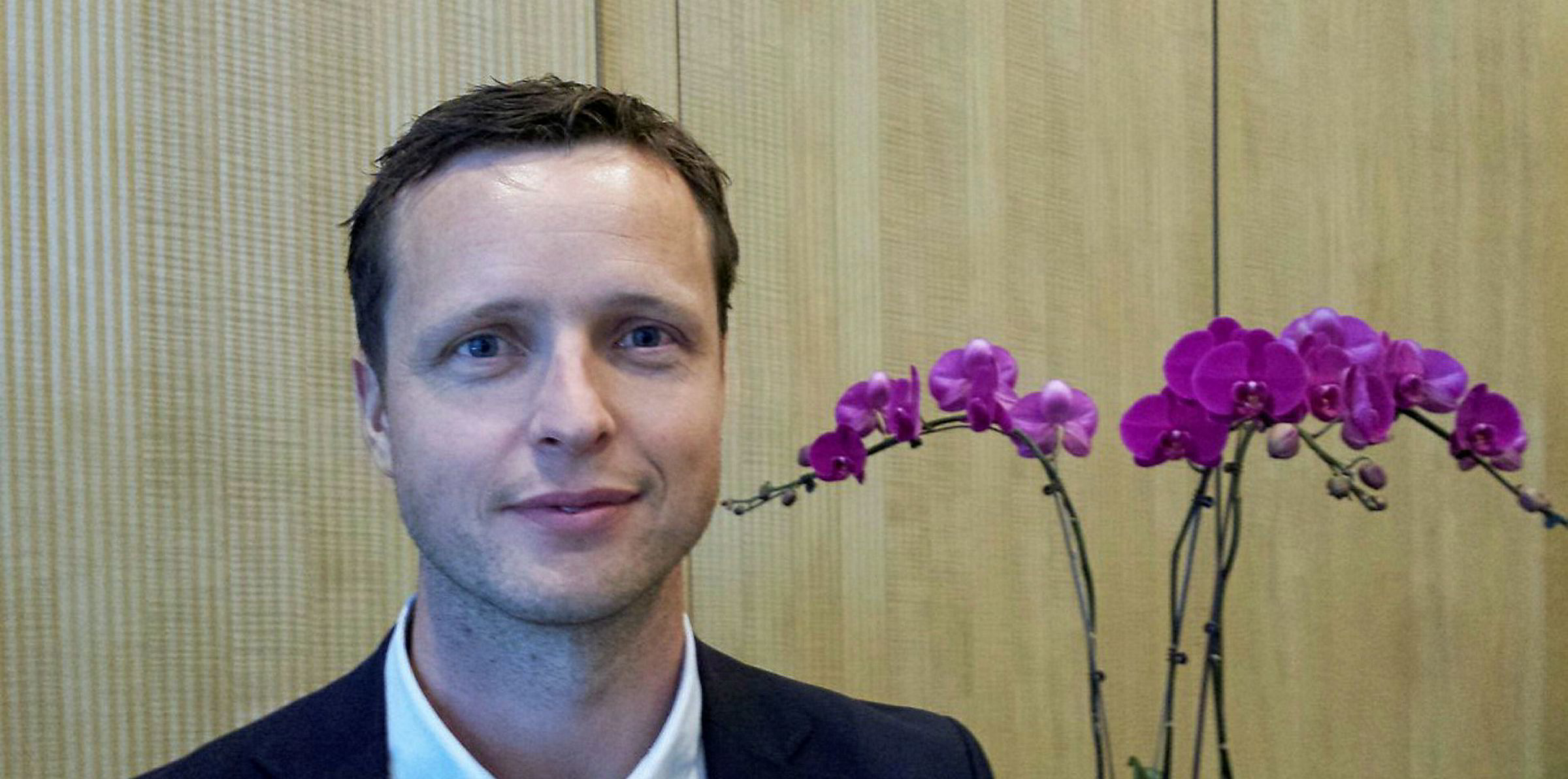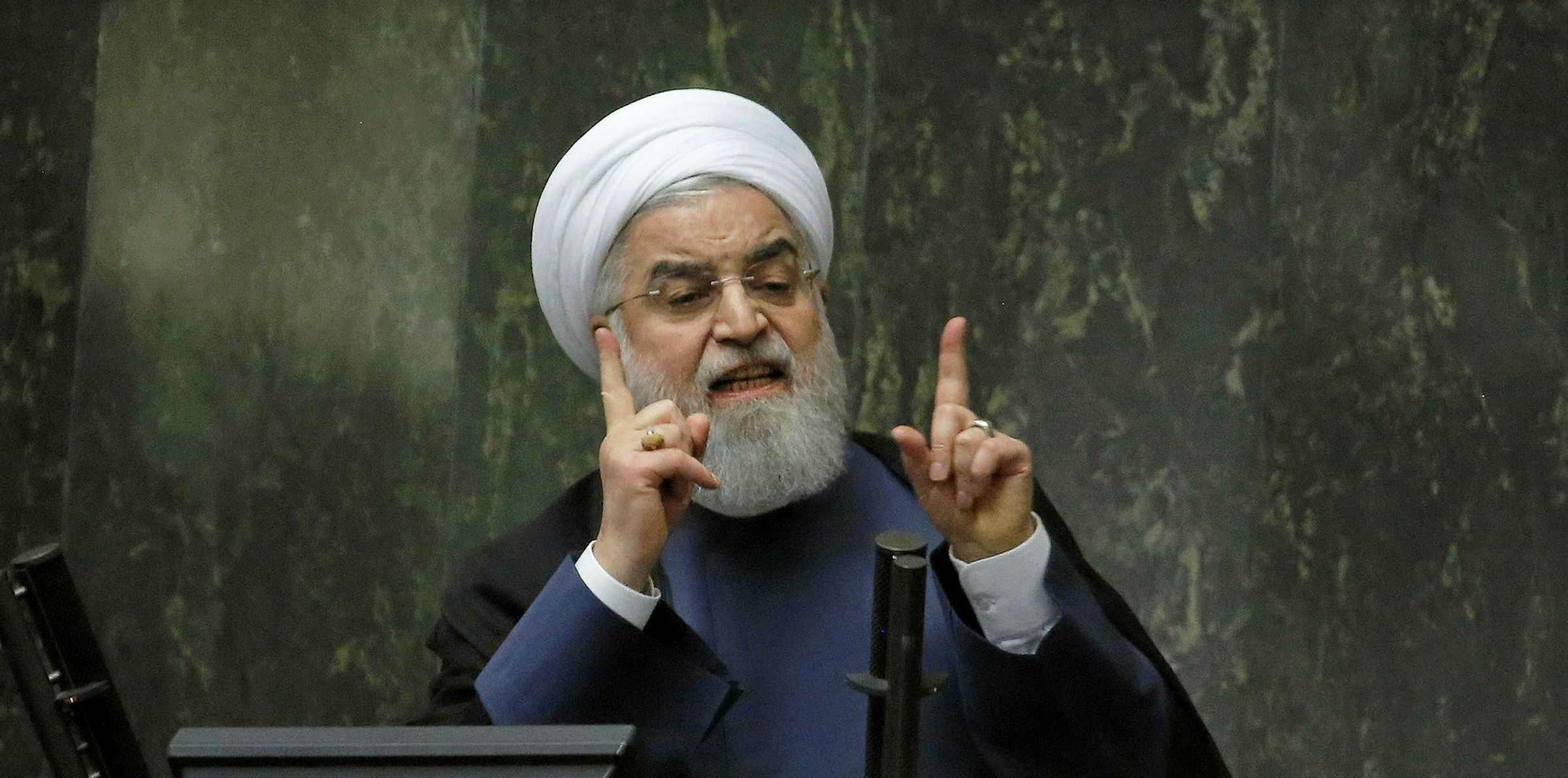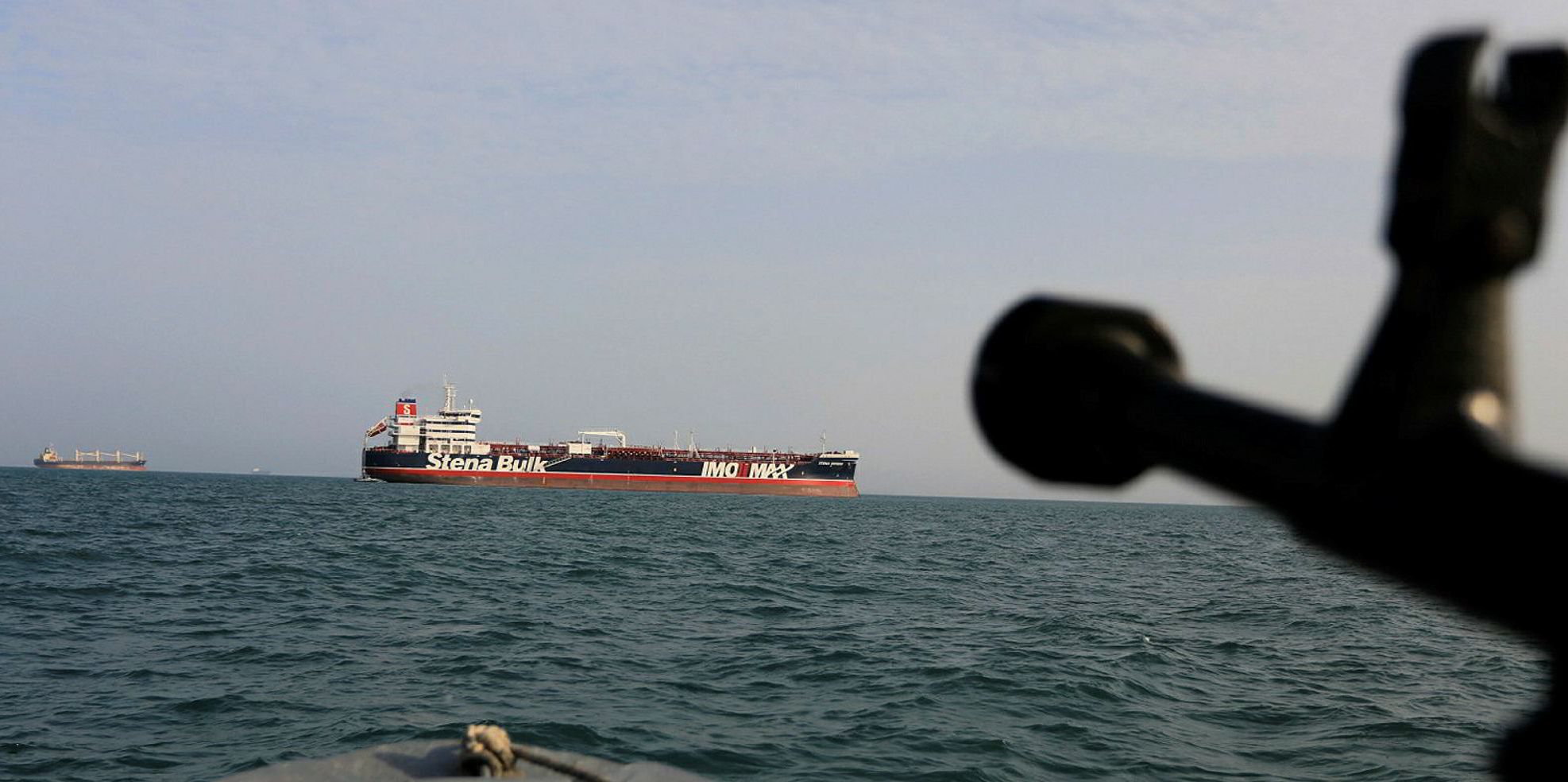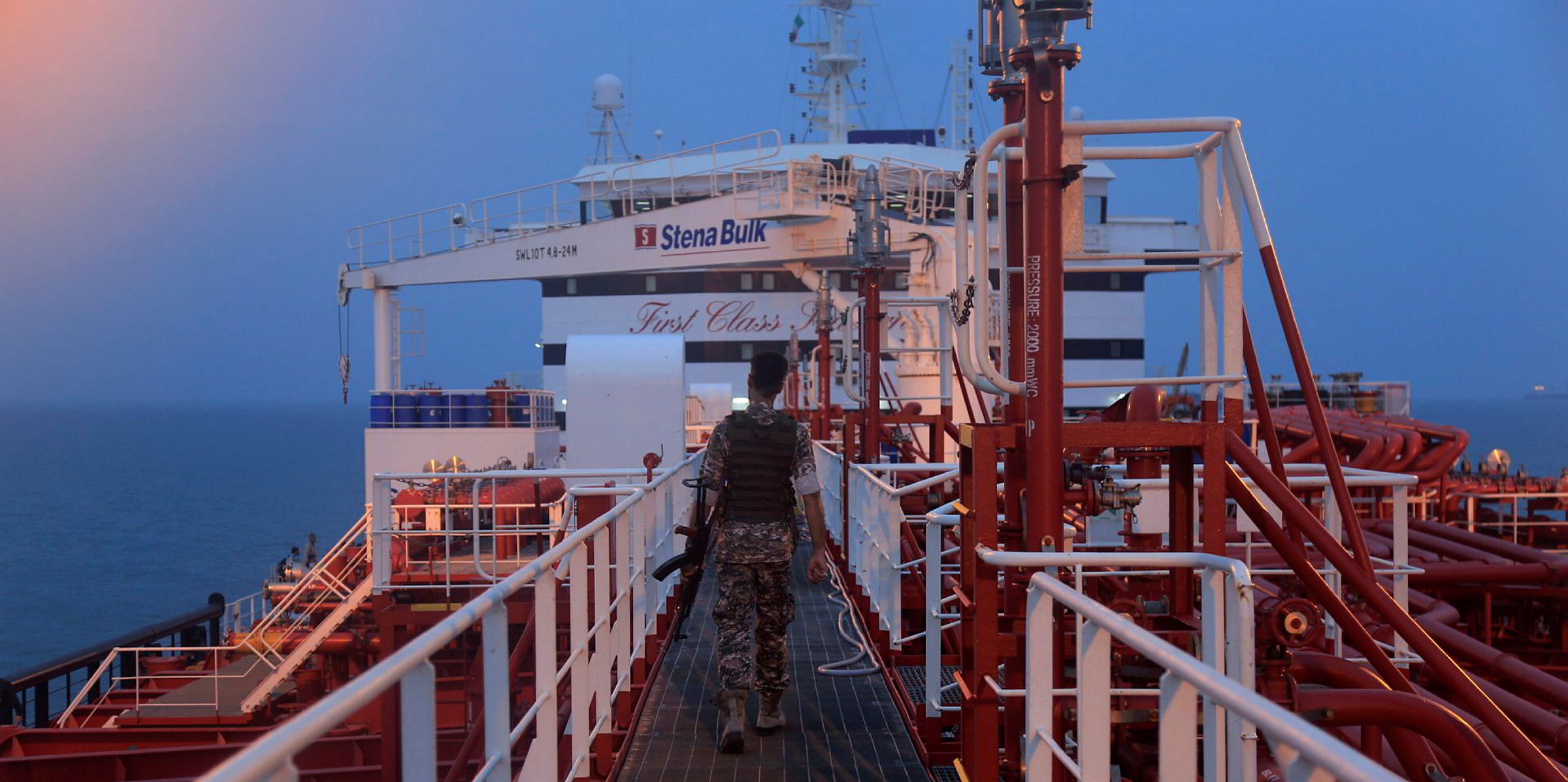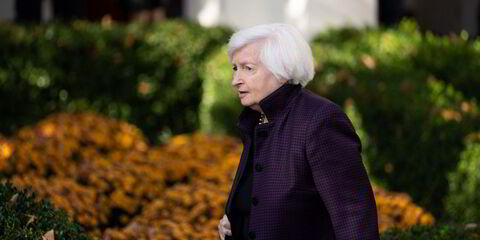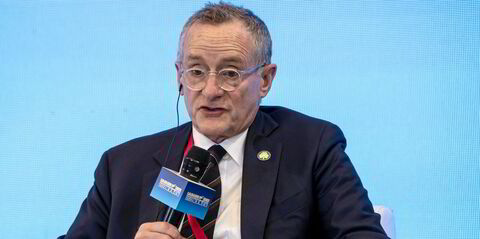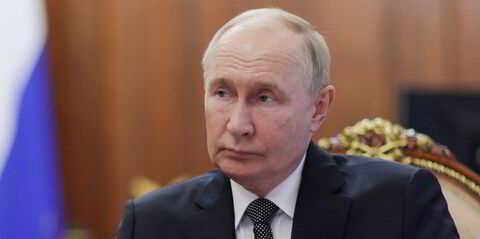The Norwegian Shipowners´ Mutual War Risks Association (DNK) estimates that recent attacks on tanker tonnage in the Middle East have resulted in losses in excess of $100m for the war risks insurance market.
Speaking at a Wilhelmsen Ship Management breakfast seminar in Singapore today, DNK chief executive Svein Ringbakken said that the attacks on tankers have also pushed up the costs of operating tankers in the Middle East Gulf region.
War risks insurance rates for ships operating in the region have increased ten-fold, with tankers transiting the Strait of Hormuz paying up to $300,000 to $400,000 in war risks insurance premiums.
”That is real money,” Ringbakken stressed.
DNK senior security analyst Lars Vold said military investigations into attacks on four tankers in the port of Fujairah on 12 May, and two tankers just outside the Strait of Hormuz on 13 June, pointed to magnetic limpet mines with between 30 to 50 kilograms of high explosives being attached to the vessels.
Vold shared insights into what happened on two DNK member ships that were involved, the 47,000-dwt product tanker Andrea Victory (built 2005) and the the 110,000-dwt product tanker Front Altair (built 2016).
The Andrea Victory, one of the four ships attacked in Fujairah, was hit by a blast that resulted in a three metre by four metre hole in the stern beneath the waterline.
The other vessels suffered greater damages beneath their waterlines, with at least one Saudi Arabian-owned VLCC ending up with a flooded engine room.
In all four cases, Vold noted, the explosive devices were placed in the vicinity of the engine rooms, away from the cargo tanks.
The explosive devices on the Front Altair and the the 27,000-dwt product tanker Kokuka Courageous (built 2010), a vessel that was attacked at the same time, were placed above the waterline, which Vod said suggested that they were attached to the vessels while they were underway in the Strait of Hormuz.
“Both vessels had come from different locations but the explosives went off when they were both in the same location,” he explained.
Ringbakken stressed that neither of these attacks resulted in loss of life or serious injury to the crews. He attributed this to the professional handling of the incidents by the companies involved and the crews on board.
The Andrea Victory has been repaired and returned to service.
Frontline managers attending the seminar said that the Front Altair is still undergoing extensive repairs at Drydocks World Dubai, and is expected to resume service by the end of the year.
Threat to shipping unlikely to recede
DNK believes that more attacks on commercial shipping are likely in the Middle East Gulf and surrounding area as US sanctions against Iran are still in place, and the Iranian government, under increasing economic and political pressure, needs to do something to respond.
“We think it’s highly likely that they will continue to perform asymmetric attacks, similar to those we’ve seen,” Vold said.
DNK believes that a high risk threat exists against ships involved in oil and gas transport in the wider Middle East Gulf area, although only a moderate threat exists for other types commercial shipping.
At the same time, Iran is unlikely to want to anger its few friends in the region, so a moderate threat exists for all ships, including tankers, in the waters of Oman, Qatar and Kuwait.
Vold said all indications pointed to Iran as being behind the attack despite consistent denials.
He noted that Iran was very patient when the sanctions were first re-imposed by the US last year, probably in the hopes that the European Union would be able to rescue the Joint Comprehensive Plan of Action ( JCPOA) agreement. This has not happened.
”The sanctions are still in place. Iranians are still under pressure and the economy is hurting badly. The country is likely to continue with attacks that will allow them plausable deniability,” he said, adding that from an Iranian perspective the attacks on tankers made sense as it strengthened the country’s position at any negotiating table.
Vold did not expect Middle East tensions to turn into another round of tanker wars as neither side wanted a full conflict, but he cautioned that the increased number of military assets being deployed in the region could escalate the situation.
